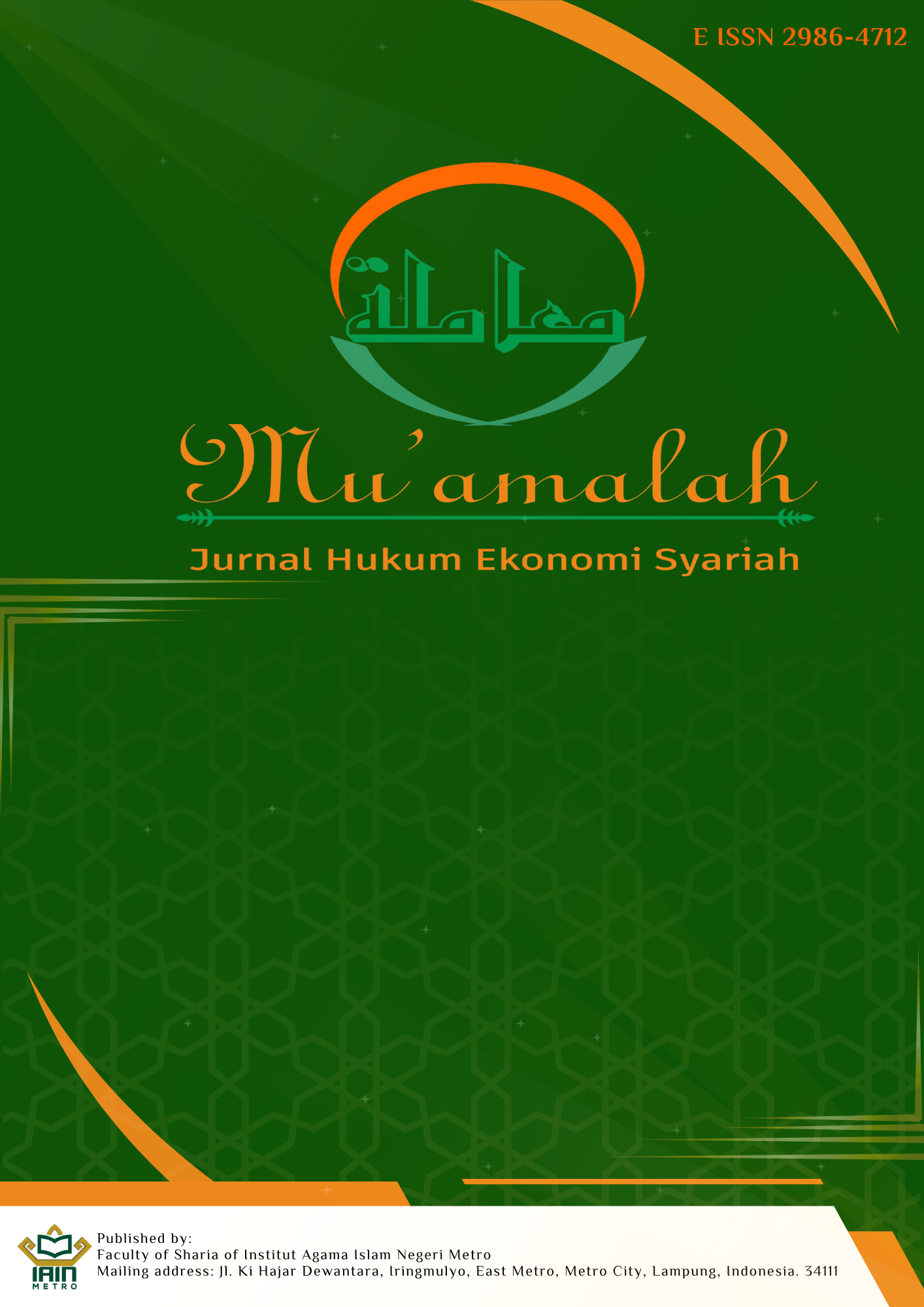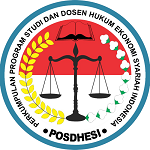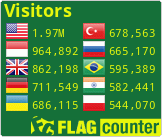Wakaf di Indonesia
(Kajian Historis Yuridis)
DOI:
https://doi.org/10.32332/muamalah.v1i1.3552Keywords:
praktek wakaf, wakaf produktif, dan perubahan hukumAbstract
Waqf is an integral aspect of Islamic teachings with a direct social impact. It is part of muamalah (Islamic transactions) and has been carefully regulated in Islamic law. Over time, waqf has evolved from being limited to immovable properties such as land and buildings to include cash waqf, productive waqf, services, and other forms. This study is a normative juridical analysis, employing a descriptive approach with deductive reasoning and qualitative analysis. The issues of fiqh muamalah pertain to legal studies that evolve within society, as fiqh and law are dynamic, adapting to changing times, places, and circumstances. The study highlights that waqf, as an act of worship, is based on the hope of earning Allah's pleasure, while from a shariah perspective, it is a mechanism to provide continuous benefits to the community through movable or immovable assets. In Indonesia, the development of waqf continues to align with global innovations and normative regulations, including those governing productive waqf. Given its strategic position, waqf has attracted significant attention from both society and the government. This paper explores the ongoing development and normative regulations surrounding waqf in Indonesia, emphasizing its potential for contributing to societal welfare.
Downloads
References
Downloads
Published
Issue
Section
License
Copyright (c) 2022 Fredy

This work is licensed under a Creative Commons Attribution-ShareAlike 4.0 International License.
All articles in the Mu'amalah: Jurnal Hukum Ekonomi Syariah can be disseminated on condition that they still include the identity of the article and the source (Mu'amalah). The publisher is not responsible for the contents of the article. The content of the article is the sole responsibility of the author.
Authors who publish this subject agree to the following terms:
First, the Authors retain copyright and grant the journal rights from the first publication with the work simultaneously licensed under a Creative Commons Attribution-ShareAlike 4.0 International License that allows others to share the work with an acknowledgement of the work's authorship and initial publication in this journal.
Secondly, the authors can enter into a separate or an acknowledgement of its initial (e.g., post-institutional repository or publish it in a book) publication in this journal.
![]()
Third, the authors are permitted and encouraged to post their work online (e.g., in institutional repositories or on their website) before publishing work is cited.








